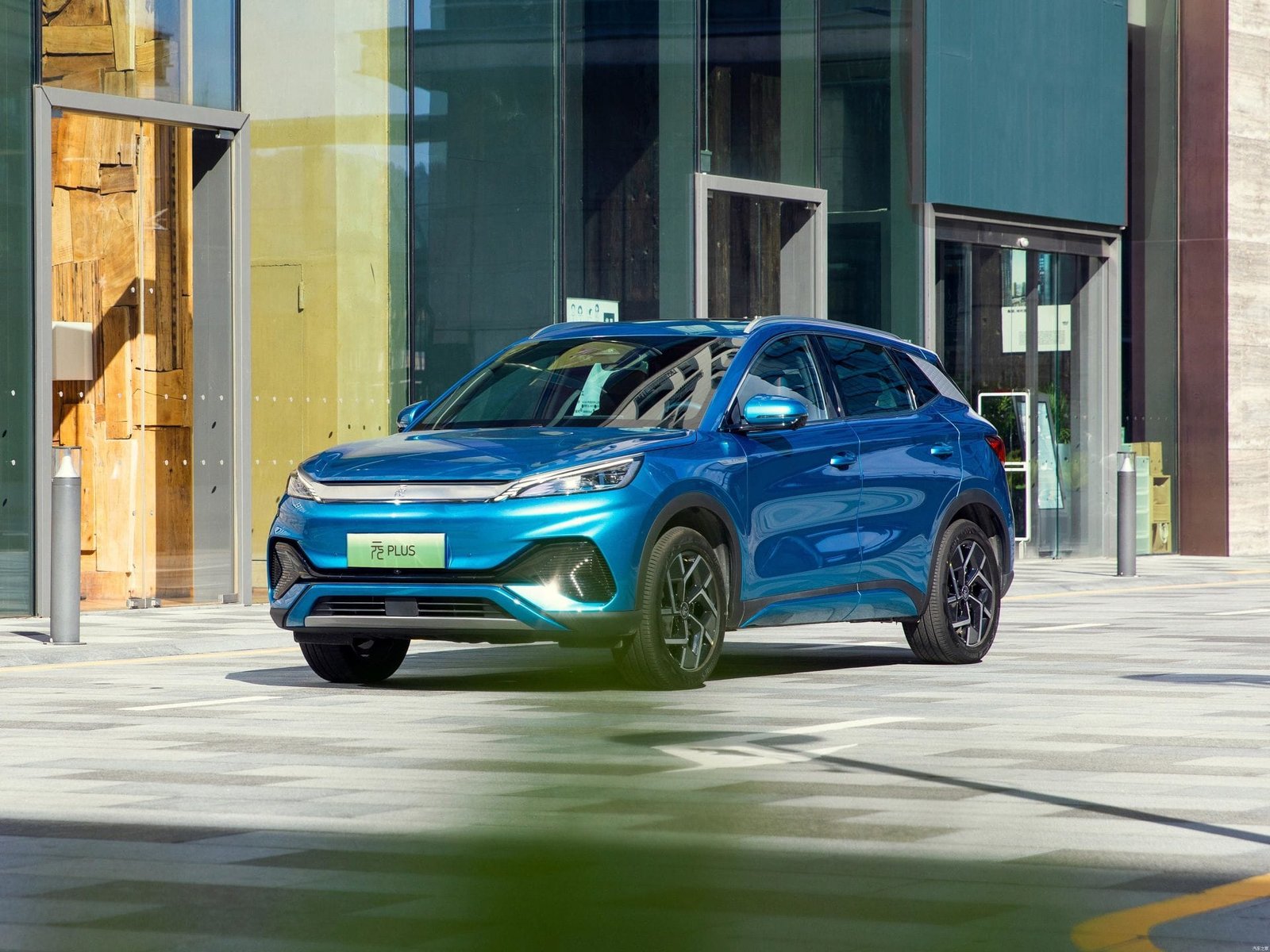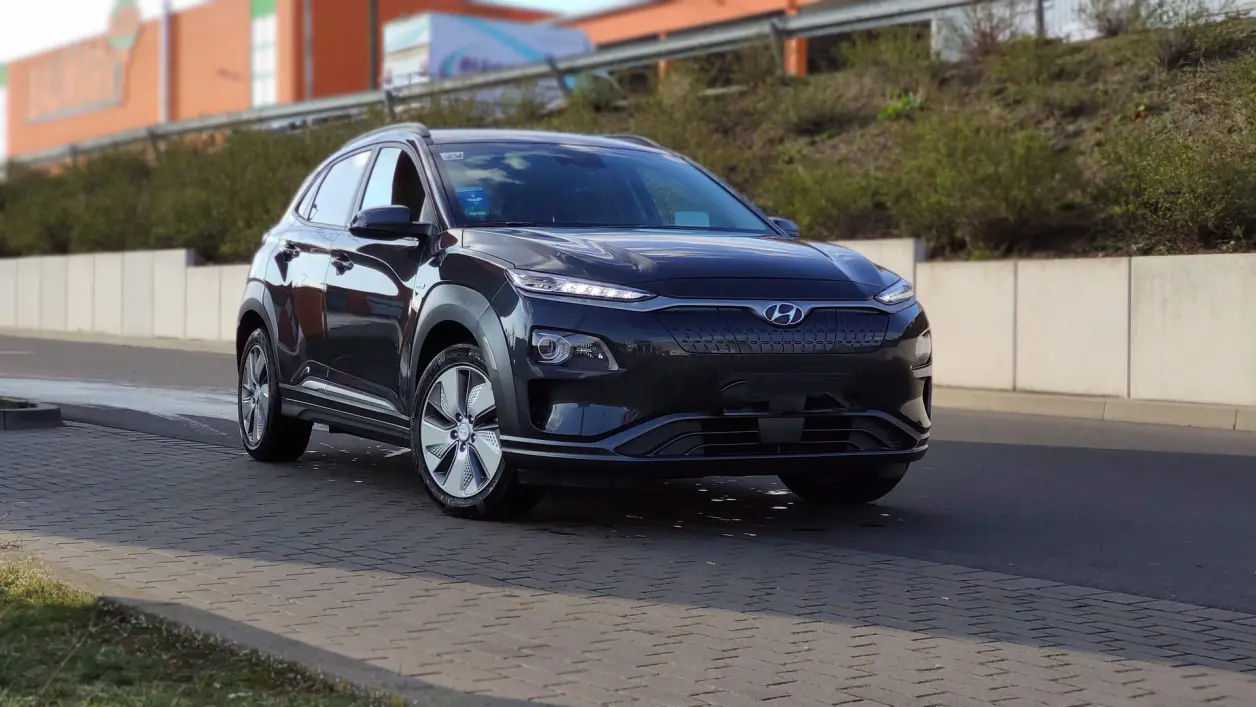Despite the fact that Guatemala is vigorously promoting clean energy vehicles, data released by the relevant agencies show that sales of electric and hybrid vehicles are still not as good as they could be. What are the reasons? A recent article in the Guatemalan press analyzes the situation.
More than a year after the law regulating the importation and sale of electric vehicles came into force (August 30, 2022), Guatemala’s transition to clean energy vehicles is still progressing very slowly. According to official data, in 2023, Guatemala’s vehicle fleet stood at approximately 5,184,000 vehicles, of which gasoline accounted for 4,500,000, diesel 567,000, electric vehicles 1,428, and hybrids 5,905. Among the electric vehicles, motorcycles accounted for the most at 883, private cars for 166 and buses and coaches for only 17.
Expensive prices dissuade consumers
Jean Pierre Devaux, president of the Association of New Vehicle Importers and Dealers, noted that a total of 146 electric vehicles were sold in 2023, an increase of 123 over 2022. By contrast, sales of hybrids increased even more: 1,509 hybrids were sold in 2023, compared to 1,004 last year, an increase of 505 units.
Devaux believes that buying an electric or hybrid car has become a popular trend, and that the main factor preventing people from switching to hybrids or electric cars is cost, in addition to a lack of infrastructure, charging ports, and related knowledge.
“Many people who are interested in purchasing these types of vehicles believe that they may face the dilemma of running out of power when they go on long trips.” Devaux said, explaining that this is rare because more than 94 percent of such vehicles are residential and are only driven in cities.
At the same time, the Electric Vehicle Incentive Act partially banned the importation of used EVs and hybrids, thus reducing the supply in the market, so there are very few of these low-cost or commonly used commercially branded vehicles, which limits the public’s access to them.
In addition, price is a decisive resistance for people to shift their purchasing goals to electric and hybrid vehicles. The average price of an electric vehicle is as high as $180,000, compared to about $100,000 for the same level of internal combustion vehicle, making the former almost twice as expensive as the latter. Similarly, hybrids are far more expensive than internal combustion vehicles.
What do the officials say?
Guatemala’s Minister of Energy and Mines (MEM), Manuel Eduardo Arita, said that they are already heavily campaigning on the incentives in the law as well as the benefits of using electric vehicles, which in addition to aiming to promote them, also aims to encourage people to increasingly invest in electric vehicles.
Regarding the issue of high prices, Nancy Chacón, President of the Electric Vehicle Association (Amegua), argued that although electric vehicles are currently more expensive than traditional internal combustion vehicles, 100% electric vehicles save on operating costs: not only do they save on fuel costs, but they are also simpler to maintain due to the fact that there are fewer parts and they can save between 80% and 90% of the costs.




